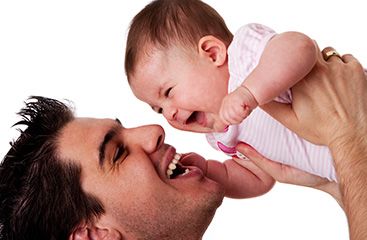Codependency is a psychological phenomenon first recognized by studying family members of people who were alcoholics. In essence, a codependent relationship is a bidirectional cycle of dysfunctional need: one partner (the codependent person) has an unhealthy need to be needed, and the other partner (the enabler) exploits this need by excessively relying on their partner.
Not to be confused with healthy interdependency (in which two partners mutually bond with and rely on each other in a safe and appropriate way), codependent relationship features an unhealthy and imbalanced dynamic. Specifically, the codependent person’s self-worth and self-esteem are explicitly based on the degree to which they are needed by their partner. Meanwhile, their partner enables the codependent person’s behavior by getting great satisfaction out of having their needs constantly fulfilled and met.
Intimate partners are not the only ones who can be in a codependent relationship. This common and dysfunctional relationship can also occur between parents and children, other family members, or even friends and roommates.
People learn codependent behaviors by modeling other family members or loved ones who demonstrate it in their own relationships. This fact alone—that codependency is a learned behavior—may be one of the most promising things to know about it. Because it means that with the right help and enough discipline, codependency can be unlearned, too.







